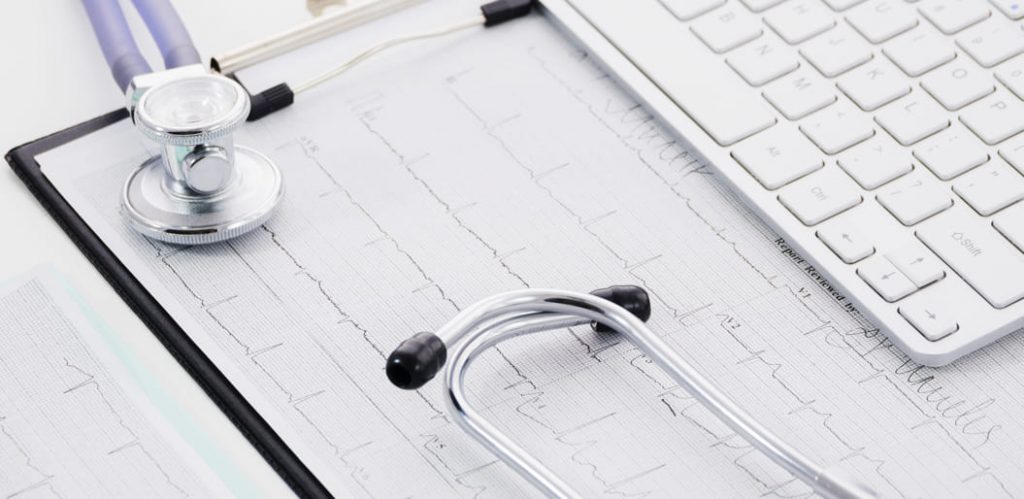In the dynamic realm of healthcare, technological innovations are reshaping the landscape at an unprecedented pace. Artificial Intelligence (AI) and robotics have emerged as transformative forces, heralding a new era of efficiency, precision, and improved patient care. Let’s delve into the groundbreaking ways in which AI and robotics are revolutionizing healthcare. We will also explore whether you need an Artificial intelligence course to further your career.
1. Precision Diagnostics with AI
a. AI-powered Imaging
Artificial Intelligence is making waves in diagnostic imaging, enhancing the accuracy and speed of diagnoses. Machine learning algorithms analyze medical images, such as MRIs and X-rays, detecting abnormalities with a level of precision that is reshaping the diagnostic process. This not only expedites diagnosis but also reduces the margin of error.
b. Early Disease Detection
AI algorithms can analyze vast datasets to identify patterns indicative of early stages of diseases. From cancer detection to predicting the onset of chronic conditions, AI-driven early detection is proving to be a game-changer in preventive healthcare, allowing for timely interventions and improved patient outcomes.
2. Robotics in Surgical Precision
a. Robotic-Assisted Surgery
Robotics has entered the operating room, working hand-in-hand with surgeons to perform minimally invasive procedures. Robotic-assisted surgery allows for unparalleled precision, smaller incisions, and faster recovery times. From orthopedic surgeries to delicate procedures, robots are augmenting the capabilities of human surgeons.
b. Telepresence Robots
In the age of telemedicine, telepresence robots are bridging the physical gap between patients and healthcare providers. These robots, equipped with cameras and sensors, enable remote consultations, monitoring, and even surgeries. This not only expands access to healthcare but also offers a solution for providing expert care in remote or underserved areas.
3. AI-Driven Personalized Treatment Plans
a. Genomic Medicine
AI is revolutionizing personalized medicine by analyzing vast genomic datasets. This allows healthcare professionals to tailor treatment plans based on an individual’s genetic makeup, optimizing the efficacy of therapies and minimizing adverse effects. The era of precision medicine is unfolding, thanks to AI’s ability to decipher complex genetic information.
b. Predictive Analytics for Patient Care
AI-driven predictive analytics are transforming patient care by forecasting disease progression and potential complications. By analyzing patient data, AI algorithms can predict deteriorations in health, enabling healthcare providers to intervene proactively and provide targeted care.
4. Enhancing Patient Experience and Management
a. Chatbots and Virtual Health Assistants
AI-driven chatbots and virtual health assistants are enhancing patient engagement and support. From answering queries to providing medication reminders, these AI-powered applications improve communication, streamline administrative processes, and ensure a more personalized patient experience.
b. AI for Administrative Efficiency
In the administrative realm, AI is optimizing workflows, managing appointments, and handling billing processes. This not only reduces the burden on administrative staff but also enhances overall healthcare system efficiency, allowing professionals to focus more on patient care.
5. Overcoming Healthcare Challenges
a. Addressing Staff Shortages
In regions facing healthcare workforce shortages, robots are stepping in to assist with tasks such as medication delivery, patient monitoring, and routine checks. This alleviates the strain on healthcare professionals and ensures that patients receive timely care.
b. Pandemic Response with AI
The global pandemic has showcased the pivotal role of AI in tracking and managing outbreaks. AI algorithms analyze epidemiological data, predict disease spread, and aid in developing strategies for containment. This has underscored the importance of technology in responding to public health crises.
Conclusion: Embracing the Future of Healthcare
The synergy of AI and robotics in healthcare is not merely a glimpse into the future—it’s a transformative journey that is unfolding before our eyes. From precision diagnostics to personalized treatments and administrative efficiency, the impact is profound. As we embrace these technological advancements, the healthcare landscape is poised for a future where patient care is not only more effective but also more compassionate and accessible. The integration of AI and robotics is not just a technological evolution; it’s a revolution in the way we approach healthcare, ensuring a healthier and more connected world.
Follow Techdee for more!
